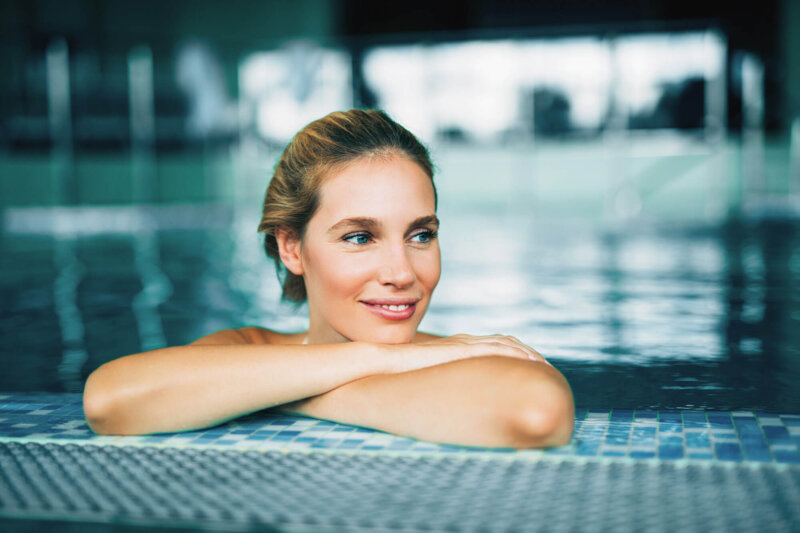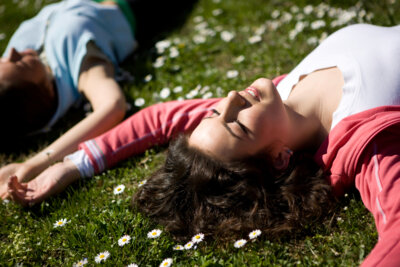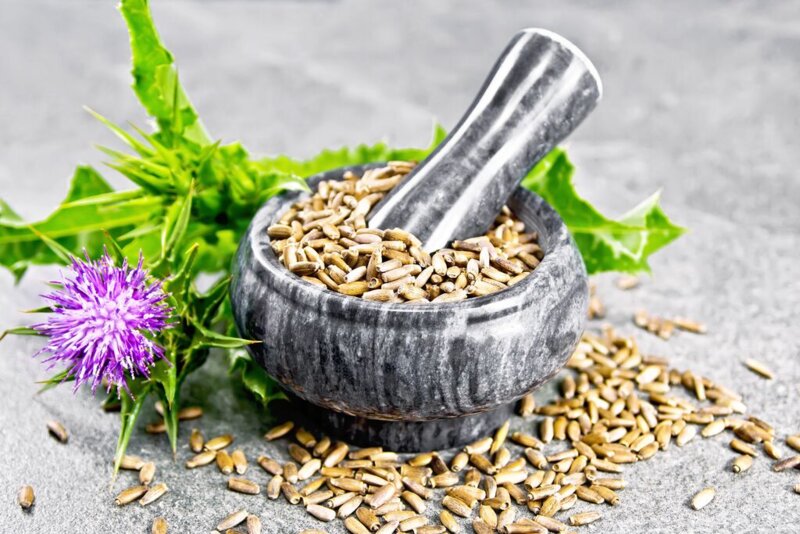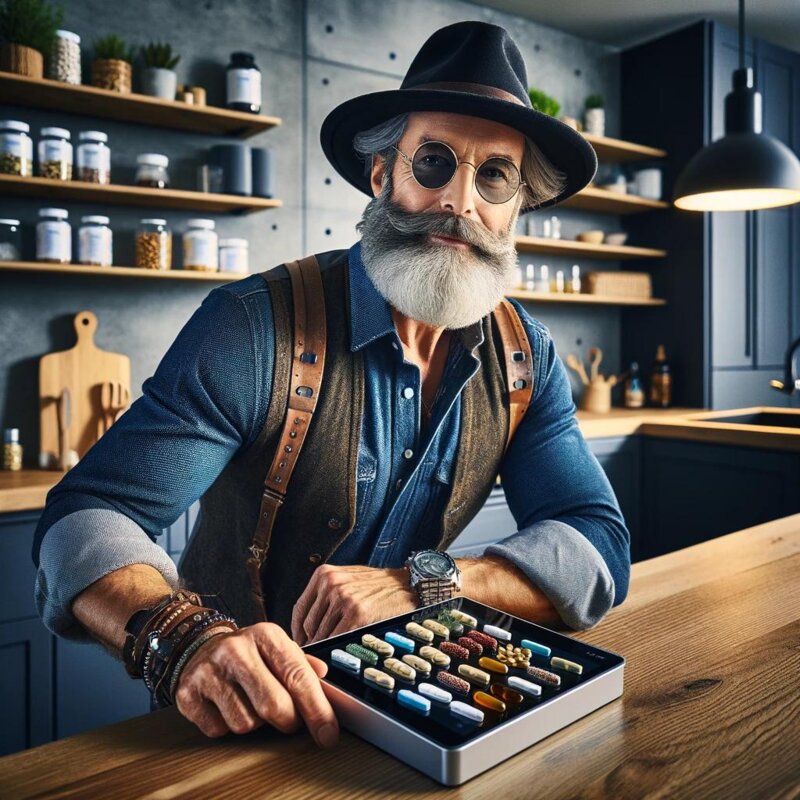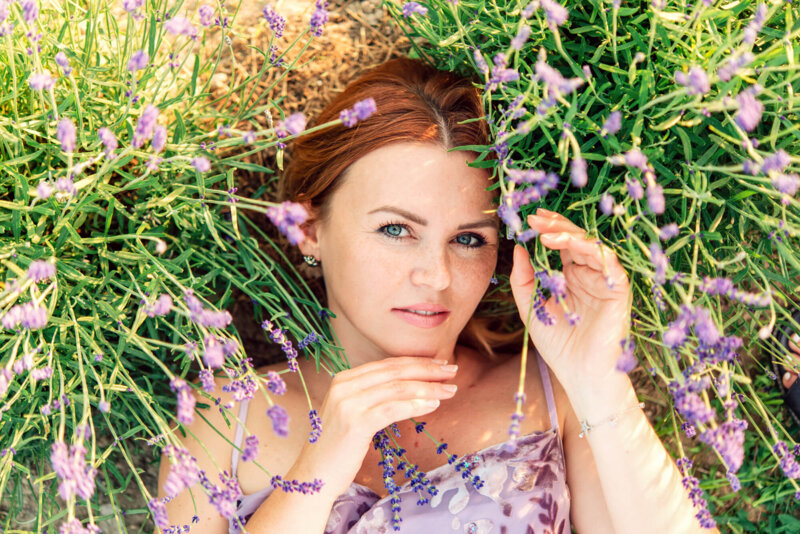Sun, smoking and stress promote skin ageing
The sun causes our skin to age at a faster rate and can even damage it if you don’t have enough protection. We all know that by now. This is why you apply suncream regularly and avoid the sun between 11 a.m. and 3 p.m. You might sit in the shade and wear a long-sleeved shirt, sometimes even when you're swimming.
As we get older, collagen formation decreases and changes the appearance of our skin. However, the rate at which the ageing process progresses depends on various factors. This includes how many hours of your life you have already spent bathing in the blazing sun. This is because the sun’s UVA rays cause collagen in the skin to break down prematurely. The elastic and moisture-retaining fibres wither away more quickly and the skin loses elasticity, thickness and moisture. Researchers estimate that around 80% of the signs of ageing on the face are caused by sunlight.
But there are numerous other things that accelerate premature skin ageing: smoking, alcohol and stress. These result in free radicals. If these are not neutralised, they cause oxidative stress,. which in turn damages the cells and accelerates skin ageing. An unhealthy and inadequate diet can also contribute to this. If we do not eat enough vitamin-rich foods, we deprive our bodies of important antioxidants. These neutralise free radicals and reduce oxidative stress.
Traffic-related air pollution, it is currently believed, also causes the skin to age prematurely. However, the exact mechanisms of this are not yet understood.
What happens in the skin ageing process?
At the age of 20, the skin is still thick and elastic, collagen formation is still strong and functions well. The skin is well supplied with blood and can store plenty of fluid. With increasing age, the renewal processes in the body – including those of the skin – slow down. This also reduces collagen formation. The result is that skin becomes thinner, drier and less elastic. Wrinkles develop and the connective tissue becomes slack. In women around 50 years of age, menopause becomes an additional factor. The hormonal changes – especially the decreasing levels of oestrogen – also intensify the process of natural skin ageing.
What is collagen?
Collagen is not only of great importance in the skin. It is also found in bones, ligaments, tendons and connective tissue. It provides support, elasticity and structure. Each type of tissue cell forms its own collagen suited to its own purposes and they therefore differ slightly from each other. There are around 28 different types of collagen in the body. Because collagen integral to so many different parts of the body, it is one of the most common proteins in the human body. That's correct – chemically speaking, collagen is a protein. Proteins consist of many small building blocks – the amino acids.
What does the body need to form collagen?
To produce collagen, the body needs amino acids (especially proline and glycine). The body derives these from foods containing protein, including eggs, tofu, pulses, cheese and meat. The protein from these foods is first broken down into its individual building blocks (amino acids) in the body and then reassembled. Essentially, the body uses amino acids to build the proteins (such as collagen) that it needs. The body needs vitamin C for this process.
Can you do anything to counteract sagging connective tissue and wrinkled skin?
Skin type and colour cannot be changed. Neither can the amount of time you have already spent in the sun. That’s why the trick is to look to the future and take a closer look at your own lifestyle. Avoid stress. Should stress ever get the better of you, however, try to find a relaxation technique that works for you. For example, breathing exercises, yoga or mindfulness exercises. Exercising in the fresh air (but not in the blazing sun) has also been shown to reduce stress.
Keep a close eye on your diet. You should design your diet to be balanced and rich in vital substances, and the food should be as fresh as possible. Plenty of vegetables and fruits, more wholegrain flour than white flour, plenty of water and protein-rich foods. It is also advisable to consume only modest amounts of alcohol and, if possible, to abstain from smoking entirely. A balanced diet means that the body gets enough vital substances, such as vitamins and minerals. Vitamins C and E act as antioxidants and protect the skin from free radicals. Vitamin C also plays a role in the formation of collagen.
Anti-ageing tips:
- Use sun protection
- Do not smoke, and drink little to no alcohol
- Eat a balanced diet and pay special attention to vitamins C and E for beautiful skin
- During periods of stress, a suitable dietary supplement is recommended for those who eat unhealthy diets or smoke.
- Cleanse skin thoroughly in the evening
- Avoid stress and use specific relaxation techniques
- Exercise in the fresh air
- Drink enough (1-2 litres per day)
It is not always possible to avoid stress or to quit smoking at the drop of a hat. It is precisely in situations like these that dietary supplements containing vital substances can help. They make it easier to get the nutrients you need and do something good for both your health and your skin.
In this regard, the saying “true beauty comes from within” is true in two senses: firstly, we benefit from accepting the ageing process as a natural consequence of life. Secondly, what you eat and how you manage your life can influence the speed at which your skin ages.
